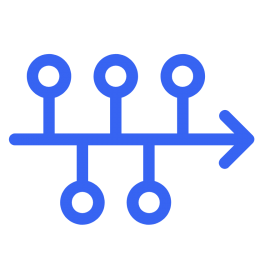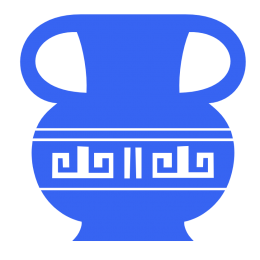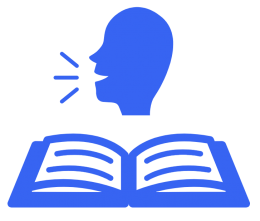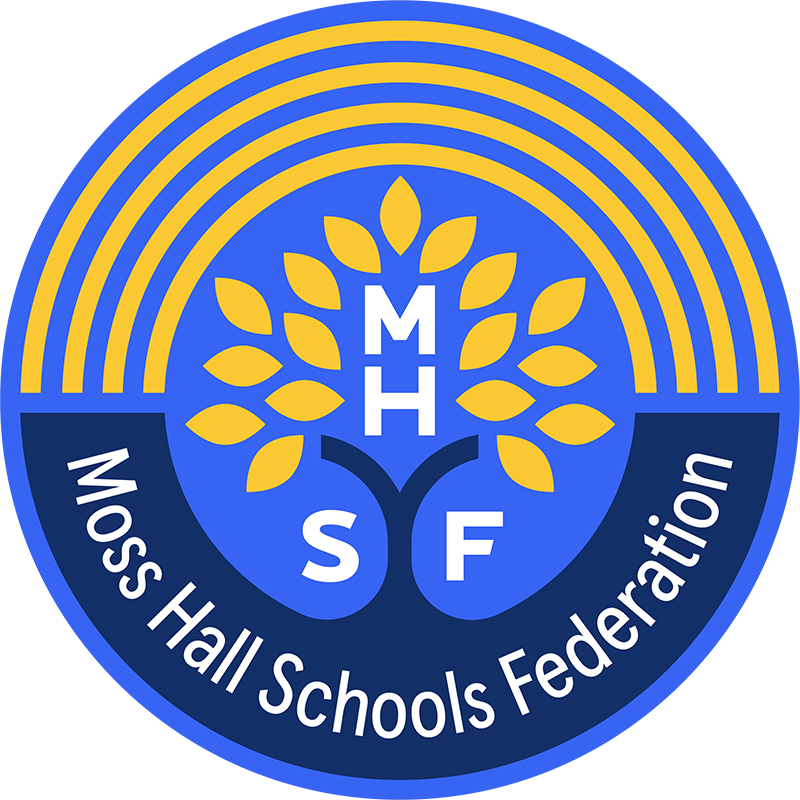History

Vision
Studying history at Moss Hall helps children make sense of the present. It provides them with an understanding of how to answer this question: how do I fit into this place? The content of our history curriculum gives our students relevant cultural context and capital. It also helps them understand how to make a difference and change their world for the better.
The skills Moss Hall historians learn through practice are crucial to their study of other subjects, but also to their lives outside school. Asking relevant questions, treating information with healthy scepticism, using evidence to justify opinions, employing vocabulary accurately - these are just some of the skills learnt by studying history at our school.
 Substantive knowledge
Substantive knowledge
Which events, people and periods (and associated vocabulary) will the children know about?
Our children learn about British and world history (as laid out in the National Curriculum) in chronological order. This journey begins with some local history - anchoring the children’s understanding of what history means. The clock then starts ticking, as the students set off for the Stone Age, continue through the Egyptian, Greek and Roman civilisations, turn towards Medieval Britain, take a detour via 9th-century Baghdad and culminate with a series of thematic British history units such as the changing power of the monarchy and the history of immigration in the UK.

Disciplinary knowledge
How do historians study and interpret the past?
Our historians learn through practical enquiry: they examine a wide range of sources, come up with their own questions and answer those posed by others. They compare and make connections between different historical events, people and periods. In doing all this, they can learn how historians work, how they attribute significance and - ultimately - how competing views of the past have been constructed. These competing views will sometimes be explicitly taught.

Sources
At Moss Hall, children explore a variety of primary and secondary sources including photographs, artefacts, art, stories and music to:
- develop their thought and enquiry processes
- build a picture of the past
- inspire curiosity about the past and how it links with the modern world.
 Vocabulary
Vocabulary
At Moss Hall progression of historical terms is carefully mapped out to ensure children:
- learn how to use historical words accurately and in context to express the passing of time
- express orally and in writing the connections, contrasts and trends over time using the appropriate vocabulary
- gain and deploy a historically grounded understanding of abstract terms such as ‘empire’, ‘civilisation’ and ‘parliament’
 Assessment
Assessment
At Moss Hall we...
- are able to talk and write about people and events from the past confidently and using appropriate vocabulary
- answer big questions in order to draw our learning together
- use knowledge organisers to revise facts and complete quizzes
-
assess in a variety of ways to allow children to demonstrate their abilities in chronological understanding; knowledge and interpretation of events, people and changes in the past; historical enquiry
